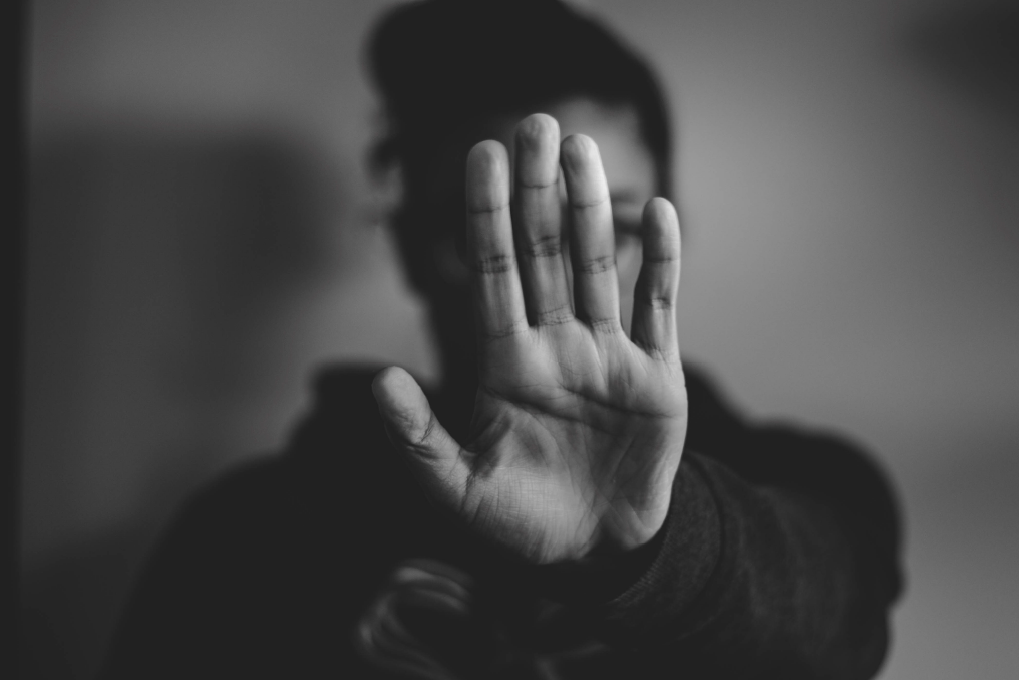The 5thof November, the French newspaper Le Parisienpublished an online survey stating that more than 40% of French Muslims declared having suffered discrimination. This survey, imperfect as it is, specified that French Muslims felt discriminated against in many sectors, such as the search for a job or an accommodation, their relationships with the police, or within the national education system. More broadly, it underlined several daily discriminations that French Muslims have to face, predominantly “physical and verbal abuses”. Due to the recurring issue of the veil in France, coupled with the potential legislation concerning veiled mothers who desire to take part to school trips, a poisonous atmosphere has recently shaped the question of Islam in France, dramatically influenced by the attack against a mosque in Bayonne (in south-west France), which injured two people. It is in this context that the “Walk Against Islamophobia” took place in Paris Sunday, November 10th.
The manifestation gathered more than 13,000 people to denounce the climate surrounding anti-Muslims acts and the question of Islam in France. Among the crowd, the wish of “living together” and the solidarity with veiled women were two of the most repeated slogans while people also complained about the media coverage towards Islam. Several walkers – for most it was their first protest ever – carried posters stating their attachment to laïcité(the French concept of secularism). Some also waved their national identity cards at arm lengths or used the French flag as a “veil” covering their hair to claim their belonging as both French and Muslim. This focalization on civil rights made some observers drawn a parallel between this walk and the emblematic pioneer walk against racism of 1983, also called “the walk of the beurs” [la marche des beurs] as in French backward slang “beurs” means “Arabs”. A few days after the event, the organizers – among them the CCIF (the Collective Against Islamophobia in France) [Le Collectif Contre l’Islamophobie en France] and the NPA (the New Anti-Capitalist Party) [Le Nouveau Parti Anti-capitaliste], an extreme-left party – congratulated themselves for what they considered as a success and qualified it as an “historical” moment while calling on politicians for changes with concrete measures.
Despite the success in terms of mobilization, the press coverage of the walk has been tarnished by a controversy due to a picture published on social media. In the picture, one can see walkers wearing a yellow crescent and star, evoking the yellow star that Jews were forced to wear during the Second World War. This non-official initiative has been intensely condemned by the organizers who separated themselves from what they consider as an isolated act and a mistake. However, even before this controversy, reactions from the political class were ambivalent. First, the event has revealed profound disagreements dividing the “left”, which appeared fragmented regarding the issue of Islam, laïcité,and religion in general. While several left politicians signed the petition calling to demonstrate one week before the gathering, some others expressed their crispation or finally retracted. The reasons invoked were various but mostly concerned the usage of the term “islamophobia” which does not seem to form a consensus. Some politicians also communicated their reluctance or kept their distance after the protest because of the slogans employed, specifically those qualifying secularist principles as “freedom-destroying laws” [liberticide]. Second, the government has adopted an ambivalent position, claiming that the feeling of stigmatisation by the French citizens of Muslim faith is legitimate but that the term of islamophobia is not acceptable as it suggests the idea of communitarianism. Finally, the right, and more precisely the far-right parties such as the Rassemblement National,strongly condemned the walk. The party leader Marine le Pen likened the walk to “a demonstration organized by the Islamists”.
Several days after the walk, questions remain concerning not only the political exploitation but also the impact and sustainability of the movement. The following months will be crucial to see if this unprecedented mobilization of French Muslims might have tangible benefits.
Sources






